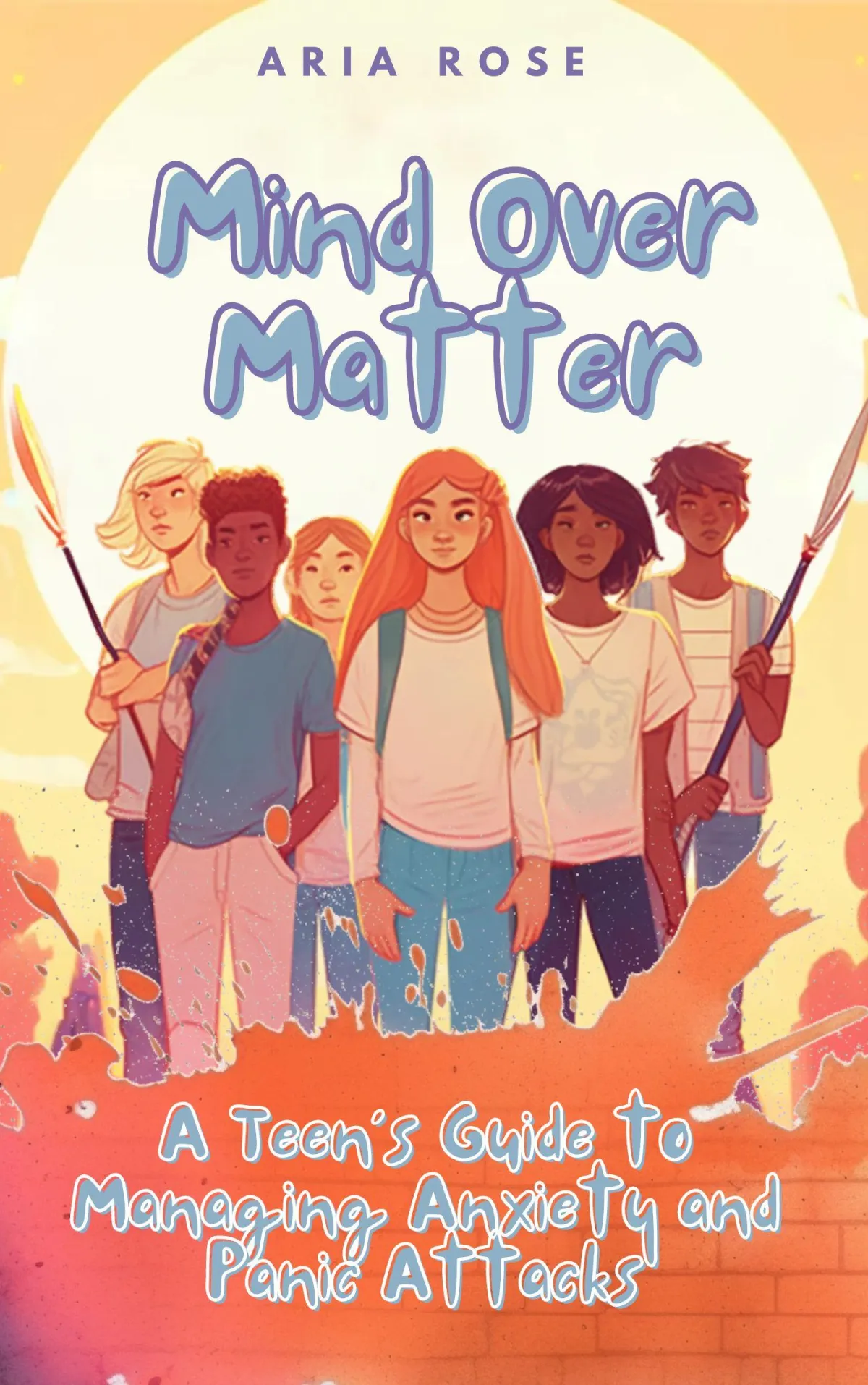Social Anxiety Disorder on Teens: What You Need to Know
Content:
Introduction
What is Social Anxiety Disorder?
What are the symptoms of social anxiety disorder?
How teens are affected by SAD
What strategies you can apply to cope with SAD
Teenagers like you are facing pressures in school, community, and even in your homes. You tend to put in much effort to keep up with those challenges. Among the challenges you encounter is having social interactions with the people around you. Some teens you may know were struggling to connect with others. They are having a hard time to start conversations. Maybe they are just shy, self-conscious, or nervous around people. It is expected to feel that way. However, if you are constantly struggling to speak up and socialize or sense an intense fear and feel overwhelmed just walking in a sea of people, you may be struggling with social anxiety disorder (SAD). Find out more about the signs of social anxiety disorder and learn how to overcome this condition.
What is Social Anxiety Disorder?
Social anxiety disorder, also known as social phobia, is more than just shyness or nervousness. It's a chronic mental health condition that is marked by persistent and total fear of social interaction or circumstances that can cause embarrassment.
If you are diagnosed with SAD, you find it easy to get along with your family members and few close friends. But you may experience intense anxiety or fear of being judged, embarrassed, or humiliated in social situations like meeting new people, public speaking, or just simply talking to your groupmates. These result in poor relationships, withdrawal, and social isolation. It makes you uncomfortable engaging in socializing.
These are the specific or overall situations you avoid if you have SAD:

Making new friends
Participating in school clubs
Going to a party
Dating
Performing in front of the crowd
Participating in class
Doing a class presentation
Job interview
Ask a teacher or a classmate for help
School tryouts
Eating or drinking in public
Social anxiety disorder affects people of all ages, genders, and backgrounds. It can develop during childhood or adolescence and persist into adulthood. The condition may develop after a traumatic social experience, such as being publicly humiliated or ridiculed, or it may have a genetic or biological basis.
What are the symptoms of social anxiety disorder?
The symptoms of social anxiety disorder can vary for everyone, but it typically involves intense fear or anxiety in social situations. Common symptoms of SAD include:
Fear of being judged by others
You are not making the most of your studies. You might have a lack of confidence in terms of class participation and school projects.

Avoidant behaviors such as not going to a party, eating alone, and school refusal
Difficulty initiating or maintaining conversations
Physical symptoms such as trembling, fast heart rate, sweating, nausea, or blushing
Overpreparation for a class presentation
Mumbling, stuttering, or trembling voice when speaking
Scared to invite people to a meeting
Having a hard time creating or maintaining long-lasting friendships
Self-criticism after having an interaction
Nail biting, hair twirling, or frequently fidgeting
Checking phones and wearing earphones constantly.
Practicing what to say to others
Panic attacks or anxiety attacks in social situations
People with social anxiety disorder may also experience anticipatory anxiety, which is anxiety about upcoming social events or situations. If you or someone you know is experiencing these symptoms, it's essential to seek professional help. A mental health professional can provide a diagnosis and recommend appropriate treatment options.
How teens are affected by SAD
According to the article "How Social Anxiety Affects Teens: Signs & How To Help" written by Guy-Evans, O. (2023), these are the impacts of social anxiety disorder:
Missing out opportunities
Because of being fearful to try and reach out, you may feel disappointed if you miss chances to have lunch with your classmates, join school and sports clubs, show up at a gathering, or have a date. You may regret not showing up your talent and learning new skills.
2. Feeling lonely

If you have SAD, forming a bond of friendship will always be a problem. You may have difficulty opening up and sharing your secrets. You also have difficulty expressing feelings to someone you're interested in and bringing them out on a date.
3. School problems
As SAD makes you fearful of social situations, it will be tough to show presentations in front of the class. It will also be challenging to participate in class lessons and ask for help from your teacher, resulting in lower grades and academic scores.
4. Low self-esteem
It will be difficult to build confidence if you're experiencing social anxiety disorder. You may constantly engage in negative self-talk, resulting in excessive self-consciousness and unworthiness.
5. Risk of other mental health disorders
With SAD, you may have a high risk of having depression, eating disorders, substance use disorders or other anxiety disorders.
What strategies you can apply to cope with SAD
Several strategies can help manage social anxiety disorder symptoms. Based on the article made by Starleaf, J. (2021), these include:
1. Cognitive-behavioral therapy (CBT)
CBT is a type of therapy that helps people identify negative thought patterns and behaviors and replace them with more positive ones. For example, if you think, "I'm stupid, and everyone knows it", CBT targets those thoughts and makes you understand the deeper connection between their thoughts, feelings, and behaviors. It can be highly effective in treating social anxiety disorder and other anxiety disorders.
2. Exposure therapy
This therapy involves gradually exposing oneself to anxiety-provoking situations, allowing the person to become desensitized to the anxiety over time. You must "feel the fear" to understand it's not life-threatening.
3. Medication
Mental health professionals can prescribe medications to help manage social anxiety disorder symptoms. SSRIs like escitalopram (Lexapro), sertraline (Zoloft), and fluoxetine (Prozac.) help to control serotonin, a neurotransmitter responsible for regulating mood and anxiety. Benzodiazepines, on the other hand, can provide short-term relief of acute anxiety symptoms.
4. An Interpersonal Approach
It's essential to look out for a good therapist who is warm, engaging, accepting, and transparent since you're dealing with difficulty engaging and making connections with people. These traits of a therapist will be a great help to defy social anxiety symptoms.
Social anxiety disorder can be a challenging condition to live with, but it's important to remember that recovery is possible. With patience and courage to learn new things and face your fears, you can cope with social anxiety disorder. It might be scary to have this anxiety disorder, but it's treatable. Always take care of your mental health, and soon enough, you will be better.
References:
Guy-Evans, O. (2023). How Social Anxiety Affects Teens: Signs & How To Help. Simply Psychology. https://www.simplypsychology.org/social-anxiety-in-teens.html
Starleaf, J. (2021, August 23). Social Anxiety in Teenagers: How to Recognize It and Find Appropriate Support. National Social Anxiety Center. Retrieved from https://nationalsocialanxietycenter.com/2021/08/23/social-anxiety-in-teenagers-how-to-recognize-it-and-find-appropriate-support/







Social Anxiety Disorder on Teens: What You Need to Know
Jerome Reyes